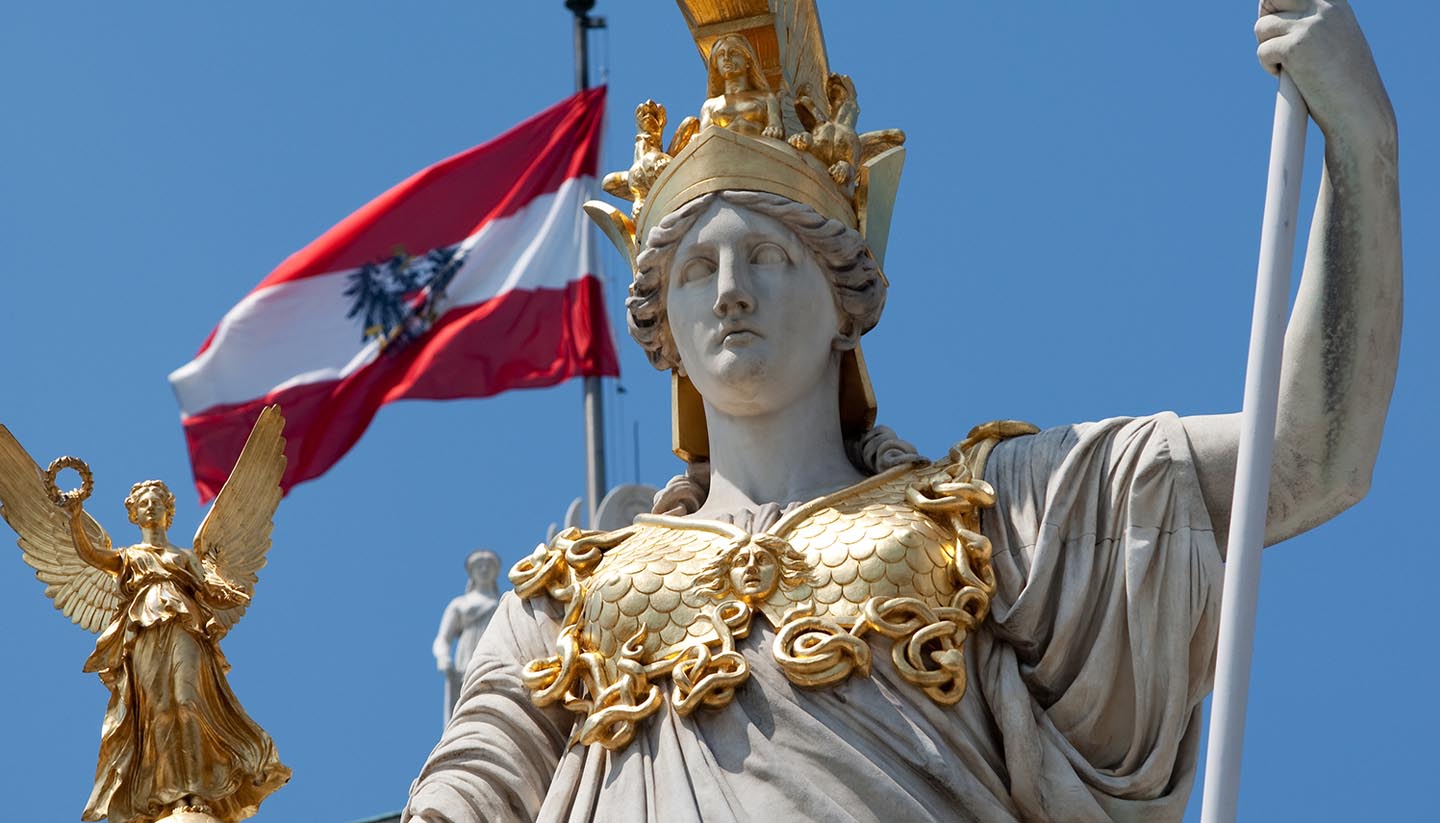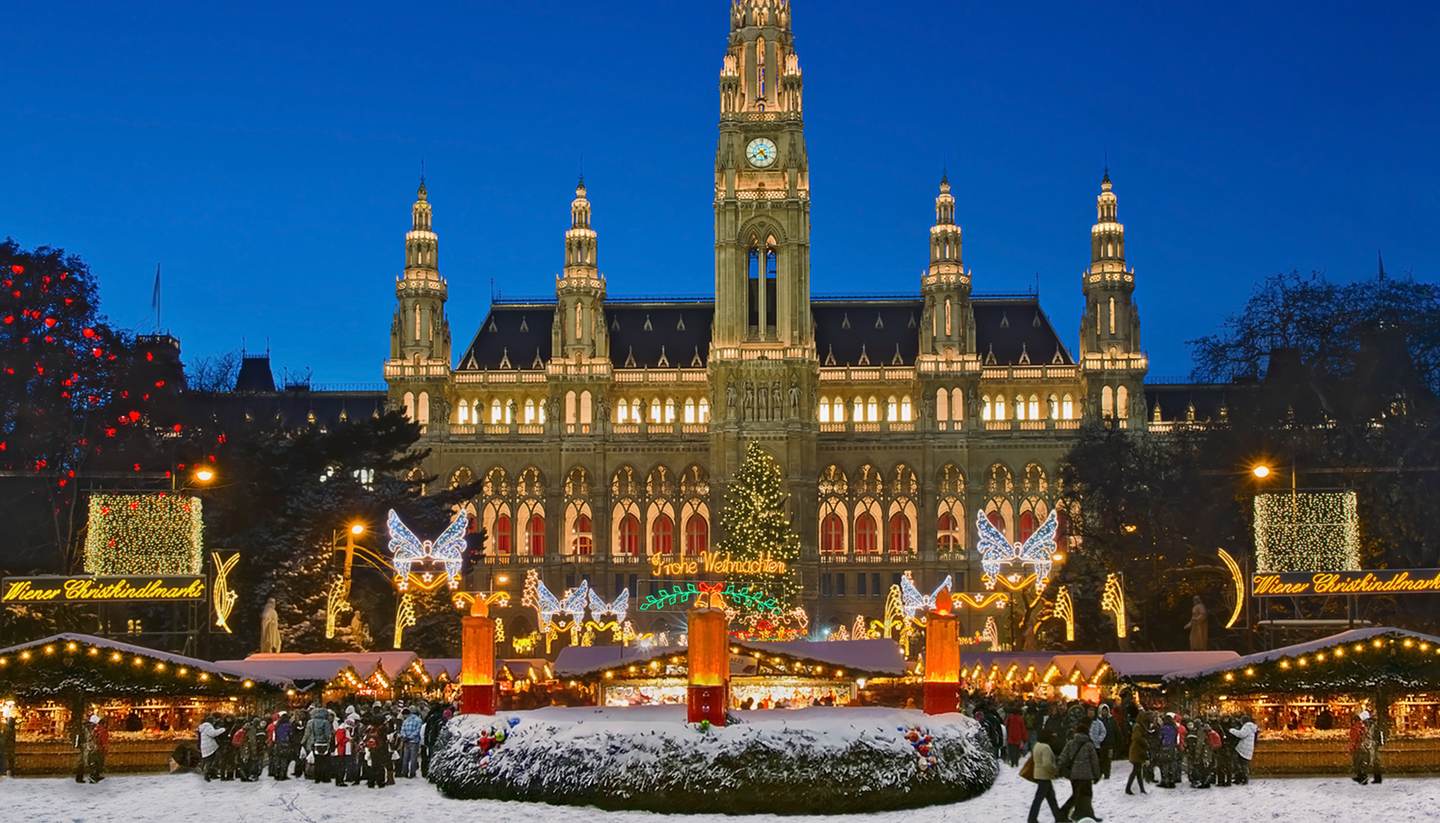Money and duty free for Austria
Currency and Money
Currency information
Euro (EUR; symbol €) = 100 cents. Notes are in denominations of €500, 200, 100, 50, 20, 10, and 5. Coins are in denominations of €2 and 1, and 50, 20, 10, 5, 2, and 1 cents.
Credit cards
Credit cards are widely accepted across Austria, especially in cities and tourist areas. Visa and Mastercard are the most common, and contactless payments are standard.
ATM
ATMs are widely available throughout the country, including in smaller towns, and accept major international cards.
Banking hours
Mon–Fri 08:00–12:30 and 13:30–15:00 (some branches open later on Thursdays).
Currency restrictions
There are no limits on importing or exporting euros or foreign currency within the EU, but travellers carrying €10,000 or more (or equivalent) must declare it when entering or leaving the EU.
Austria duty free
Overview
Austria's duty-free allowance for travellers arriving from within the EU:
Travellers aged 17 and over can bring goods freely from other EU countries for personal use. Taxes must already have been paid in the country of purchase. Customs officers may question large quantities to confirm personal use:
• 800 cigarettes or 400 cigarillos or 200 cigars or 1 kg of smoking tobacco.
• 10 L of spirits or 20 L of fortified wine.
• 90 L of wine (60 L of which can be sparkling).
• 110 L of beer.
Austria's duty-free allowance for travellers arriving from outside the EU:
Travellers over 17 years old may bring in the following without paying customs duty:
• 1L of spirits over 22% alcohol by volume or 2L of beverages below 22% alcohol by volume.
• 4L of wine.
• 16L of beer.
• Other goods up to the value of €430 for air or sea passengers (reduced to €215 for travellers under 15).
Banned Imports
Prohibited items include meat and dairy products from non-EU countries, endangered species and their products (such as ivory, certain leathers, and protected plants), and illicit drugs.
Restricted items include live animals, plants, weapons, ammunition, and cultural artefacts of historical value.
There is a ban on the import of the following goods from the Russian Federation into the EU: diamonds, gold, jewellery, cigarettes, cosmetics, seafood (e.g. caviar), spirits (e.g. vodka), shoes, clothing and smartwatches.
This list is not exhaustive. Travellers should check the official Austrian Customs website or contact the nearest embassy for the latest information.
Banned Exports
Prohibited exports include endangered species and their products, cultural artefacts of historical significance without authorisation, and narcotic or psychotropic substances. Firearms, ammunition, and military equipment also require export licences.
This list is not exhaustive. Travellers should consult the Austrian Customs authorities or the nearest Austrian embassy for up-to-date details.



